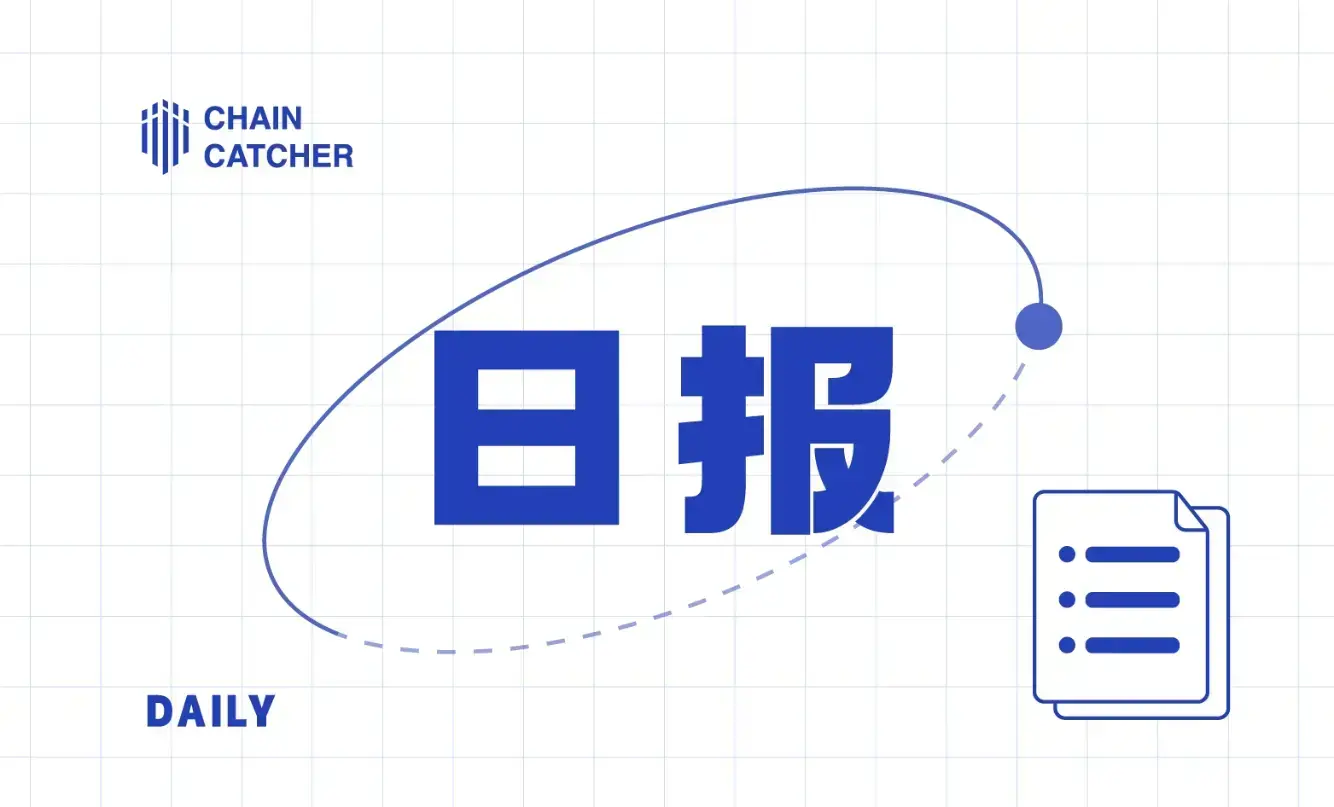Received investment from Alliance, factCheck aims to create a news fact-checking version of "Polymarket"|CryptoSeed
Author: flowie, ChainCatcher
Recently, a new betting platform on the Base chain called factCheck has launched its mainnet. Unlike Polymarket, which focuses on predicting future events, factCheck specializes in betting on the truthfulness of facts that have already occurred.
FactCheck describes itself as a fact-checking market that uses financial incentives and artificial intelligence to combat fake news.
According to factCheck's founder, Prithvir Jhaveri, he hopes that factCheck will become a place for users to share new information, envisioning it as a "WikiLeaks + Internet capital market" investigative news platform in the future.
Investment from Alliance DAO: What is the background of the factCheck team?****
According to RootData, factCheck has received investment from AllianceDAO.
Currently, the only publicly disclosed team member is founder Prithvir Jhaveri, who graduated from Duke University and is a serial entrepreneur with a background in finance and AI.
Prithvir Jhaveri previously worked as an analyst at JPMorgan, later served as a product manager at an AI company, and has also worked at a Silicon Valley incubator called Z Fellows.
From Prithvir Jhaveri's Twitter, it appears that factCheck originated from a platform for crypto asset management and intelligence analysis called Loch.one.
Loch.one provides real-time on-chain data analysis tools, allowing users to track wallet addresses, monitor asset performance, and get updates on new tokens. Additionally, Loch.one had previously created a fact-checking betting market.
Loch.one is currently focused solely on the fact-checking betting market and has established a new brand, factCheck.
The Loch.one website directly guides users to factCheck. Prithvir Jhaveri has not yet mentioned the reasons for the shift in business focus.
How to use AI + Crypto to combat fake news?
Combating fake news is not a new business model. In traditional fields, a large number of such websites emerged around the year 2000.
The non-profit fact-checking website FactCheck.org, which shares the same name as factCheck, was established in 2003 and has gained considerable international recognition. FactCheck.org has won multiple Webby Awards for exposing the deceit and lies of public officials.
However, these fact-checking websites also face some pain points.
First is the revenue model; they mainly rely on foundation donations, corporate sponsorships, and individual contributions. However, depending on external funding may raise public doubts about their independence and objectivity.
Second, the scope and methods of investigation are limited. Several influential fact-checking websites primarily focus on the political realm, and their investigation and verification methods or sources are often singular, relying on journalists and researchers or crowdsourcing models.
Third, the verification results can be controversial. For instance, judgments on certain complex issues may contain subjectivity. Especially on politically sensitive topics, their verification results may be questioned by individuals from different political factions. Additionally, when dealing with verifications involving scientific or technical issues, they may lack sufficient expertise and authority.
FactCheck essentially moves traditional news verification onto the blockchain, using Crypto to record the verification process, ensure transparency, and incentivize participants, while employing AI to accelerate the efficiency of news verification.
Prithvir Jhaveri mentioned that a trustworthy neutral AI agent can automatically browse the web to find evidence. If users disagree with the AI's verification results, they can provide compelling evidence to persuade them.
Prithvir Jhaveri believes that under this model, creating or joining a fact-checking market takes just seconds, and due to the transparency of results, accountability is increased by 100 times. Moreover, without verifiable evidence, it is impossible to manipulate the system; every claim is a fair competition for the truth.
However, whether AI can truly achieve accurate verification of news authenticity still requires time to validate. Furthermore, compared to Polymarket's predictions on specific future events, the verification of news authenticity, which is inherently more subjective, may lead to greater controversy.













